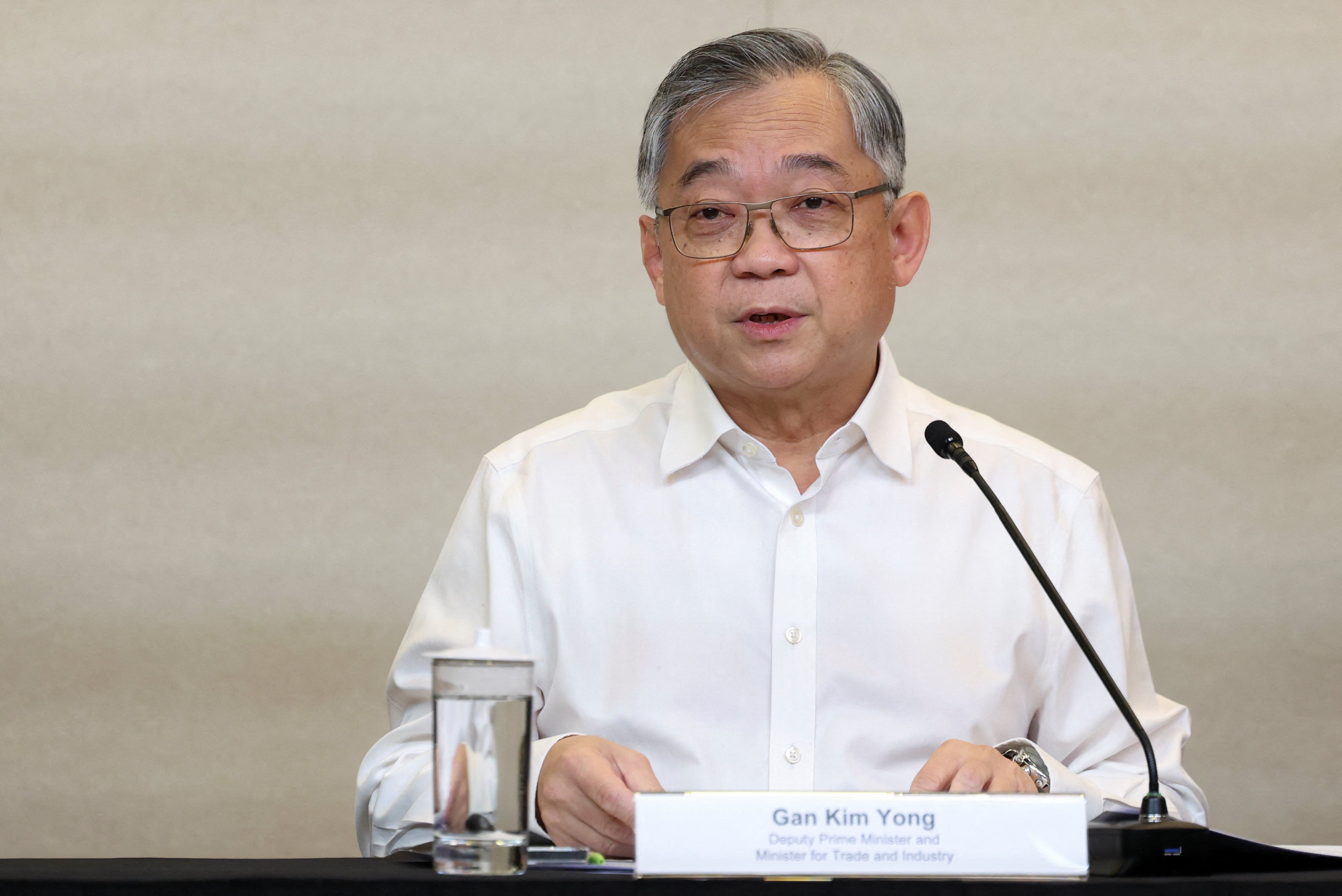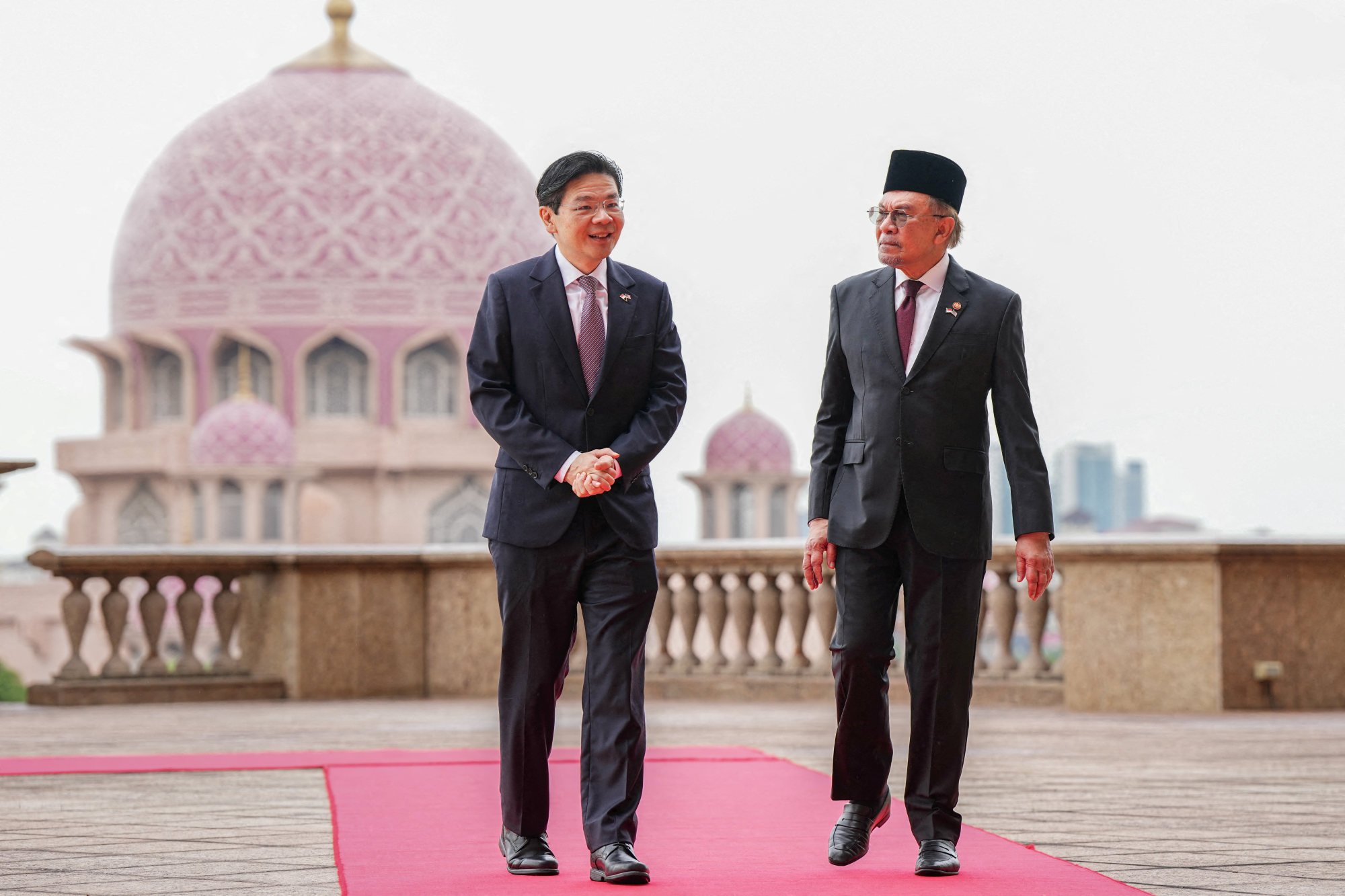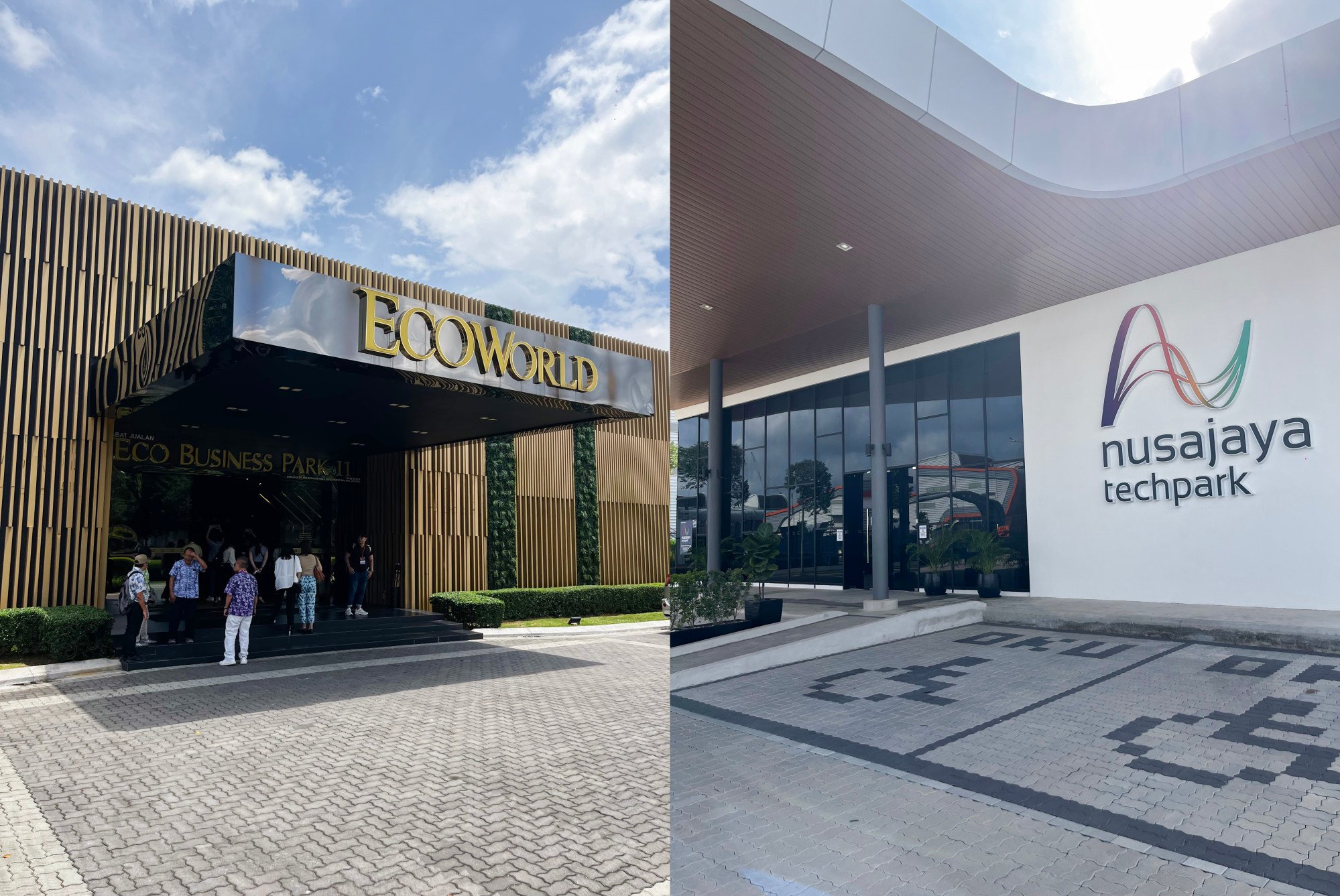Johor-Singapore SEZ eyes Indonesia for expanded investment zone: trade minister
Singapore Trade Minister Gan Kim Yong revealed plans to include Indonesia in the Johor-Singapore SEZ to attract investment amid shifting trade dynamics, US tariffs

Singapore and Malaysia are in talks with Indonesia to expand the Johor-Singapore Special Economic Zone (JS-SEZ), according to Singapore’s Trade Minister Gan Kim Yong.
The JS-SEZ was officially launched in January, with Malaysian Prime Minister Anwar Ibrahim and his Singaporean counterpart Lawrence Wong agreeing to develop various industries, including aerospace, medical devices, pharmaceuticals, chemicals and electronics in the 3,571 sq km (1,379 square mile) zone.
During the 9th Asean Conference on Thursday organised by Singapore Business Federation, Gan took part in a panel with Malaysian Deputy Trade Minister Liew Chin Tong and Indonesia’s Deputy Investment Cooperation Minister Tirta Nugraha Mursitama.
Gan mentioned that he met his counterparts from Malaysia and Indonesia last week to discuss bringing the Batam, Bintan, and Karimun (BBK) Indonesian islands into the initiative to strengthen the Singapore-Johor-Riau (Sijori) Growth Triangle.

“If we bring in the Sijori … BBK, Johor and Singapore together, instead of two, now we have three. So two is better than one, and three is actually better than two,” Gan said, who is also Singapore’s deputy prime minister.
Established in 1994, the Sijori Growth Triangle was designed to strengthen economic ties among Indonesia, Malaysia, and Singapore by leveraging each region’s strengths to attract investment and foster growth.
“If we are able to work together to realise our original, age-old vision of the Sijori, I think this will be even more attractive for businesses that want to invest in this region,” Gan said. “So I think this will offer them a lot more options, a lot more choices, and at the same time more advantage to operate in this region.”
Modelled after China’s Shenzhen Special Economic Zone, the JS-SEZ provides tax breaks and eases the movement of goods and people between Johor and Singapore, which are separated by a 1km (0.62 mile) causeway.

In the first quarter of 2025, the JS-SEZ accounted for close to 90 per cent of the 27.4 billion ringgit (US$6.5 billion) in foreign direct investments into Johor, Malaysia’s trade minister Zafrul Abdul Aziz said in April. He noted that the Trump administration’s tariffs made the JS-SEZ and investment in Asean compelling.
On Thursday, Singaporean bank UOB also announced that since 2024 it has committed 11.5 billion ringgit in financing to support businesses in Johor and is actively facilitating 10 billion ringgit of foreign direct investment into the JS-SEZ. The bank in February launched a green lane with Invest Johor to fast track investments into the zone.
Similarly, OCBC Bank said at the end of last month that it had committed more than 11 billion ringgit in financing to businesses in Johor since the start of last year. The bank also expects to provide at least another 3 billion ringgit by the end of this year for investments across various sectors, including real estate, oil and gas, manufacturing, and data centres.
With the July 9 deadline by US President Donald Trump for trade deals fast approaching, Indonesia, Malaysia, and Singapore face looming tariffs of 32 per cent, 24 per cent, and 10 per cent respectively, unless agreements can be reached with Washington.
On Wednesday, Trump announced that the US struck a trade deal with Vietnam to reduce tariffs to 20 per cent from the initial 46 per cent.

Gan cautioned businesses on Thursday to prepare for higher costs on exports to the US for the foreseeable future, noting that tariffs could remain, even under a different administration.
Liew said that next week will be challenging but significant for Asean, presenting an opportunity to reconsider its future direction.
He questioned whether the Association of Southeast Asian Nations should continue to rely on foreign direct investment for economic growth or focus on developing local Asean companies.
This is a fantastic place for us to build upon for the next 20 yearsLiew Chin Tong, Malaysia’s deputy trade minister
“We have to start thinking about growing Asean giants, we have to start thinking about creating Asean technologies and imagine that in 20 years’ time [we will have] our mini-Huawei, mini-Samsung … if we can take it along those lines, then the cooperation within Asean, the integration within Asean, as well as the intra-Asean trade will not be too difficult,” Liew said.
Noting that 20 per cent of Singapore’s GDP comes from manufacturing and the figure was 23 per cent for Malaysia, Liew said: “This is a fantastic place for us to build upon for the next 20 years.”